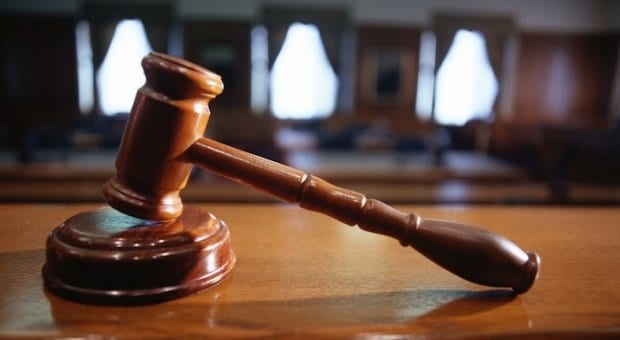Testimony in the trial of an Ottawa man charged with aggravated sexual assault for allegedly having unprotected sex with a partner to whom he did not disclose his HIV-positive status wrapped up Jan 16, with closing arguments focused on the key issue of consent.
The complainant’s identity is subject to a publication ban, and while some media outlets, including the Ottawa Citizen, have published the name of the defendant, it is the policy of Xtra not to name defendants in cases of this nature.
While there is no disagreement that a sexual encounter between the two men occurred in July 2010, defence lawyer Ian Carter argued that the defendant disclosed his status to the complainant in messages exchanged between the two on the Gay 411 website, where they initially made contact.
“Having sex while you’re HIV-positive is not a crime,” Carter said. “All that matters is that [the defendant] did disclose his status.”
Crown prosecutor David Elhadad reiterated testimony from the complainant, who said that the pair first had sex using a condom and that he agreed to additional sex without one following assurances from the defendant that he did not have HIV. The defendant testified that condoms were used throughout the encounter.
Carter argued that Gay 411 is explicitly a place for men to set up sexual encounters and noted testimony from the complainant, who said he was seeking friendship. Elhadad said the complainant ignored an initial offer from the defendant on the site but ultimately agreed to accept $300 for a sexual encounter, adding that the complainant later took the matter to police without regard for his own potential culpability in what he knew to be an illegal act for the sake of “a greater good.”
Carter said the defendant sought only a massage, not sex. He noted that the complainant had no formal training as a masseur and that he brought no oil with him when the pair met at the defendant’s residence but did bring condoms. After their encounter, Carter said, the complainant demanded $500.
Both parties agree that a trip to a nearby ATM followed and that the defendant then left the area without the complainant’s knowledge. However, the Crown dismissed the defence’s assertion that the complainant was attempting to extort the money and had warned the defendant he would suffer “consequences” for not paying.
Elhadad questioned testimony from the defendant in which he said he did not contact police over the alleged extortion attempt for fear of encountering anti-gay bias, saying there is no evidence of any such bias in this case.
Referring back to the police investigation, Carter noted that the defendant did not share the content of exchanges between the men on Gay 411 he suggested would have corroborated his version of events before they were automatically deleted.
Elhadad said the complainant’s explanation for this, that he was extremely distracted by personal issues, including the end of a long-term relationship, was credible and that he’d experienced feelings of shame for giving massages for money to meet financial obligations.
“His evidence is to be accepted,” Elhadad said. “He had tried to be truthful and credible at all times.”
The jury of eight men and four women is now deliberating.

 Why you can trust Xtra
Why you can trust Xtra


